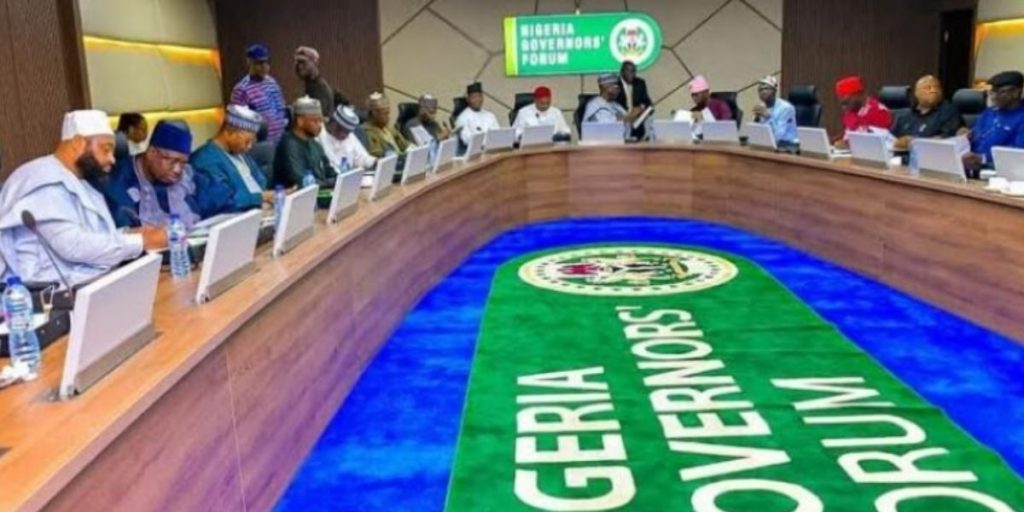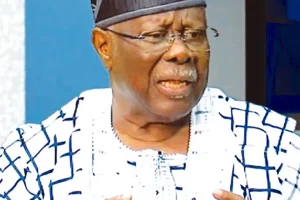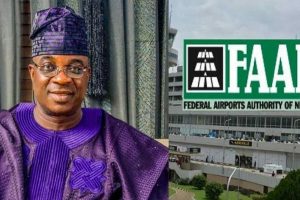
Fresh revelations have emerged indicating that several state governors are actively blocking local government chairmen from opening official accounts with the Central Bank of Nigeria (CBN) a key requirement for the direct disbursement of federal allocations to local governments.
This development comes nearly nine months after the Supreme Court of Nigeria delivered a landmark judgment granting full financial autonomy to the country’s 774 local government areas (LGAs). The ruling was expected to mark the end of indirect fund disbursement, where state governments control local allocations.
As part of efforts to implement the Supreme Court verdict, the Federal Government constituted a special committee to oversee the transition. Based on the panel’s recommendations, the CBN was instructed to open dedicated accounts for each of the 774 LGAs to enable them to receive their monthly allocations directly from the Federation Account.
However, progress has stalled. According to sources familiar with the matter, the process is being sabotaged by state governors, many of whom have warned their LG chairmen not to comply with the CBN account opening directive. This resistance, insiders say, is rooted in a fear of losing control over local government funds, a critical financial lifeline for many state administrations.
In line with the Supreme Court’s ruling, key federal officials—including the former Accountant-General of the Federation, Oluwatoyin Madein, and the Minister of Justice and Attorney-General of the Federation, Lateef Fagbemi, SAN—have held discussions with the CBN and relevant stakeholders on how best to operationalize the new structure. But a major challenge remains: many LGAs across the country do not currently have democratically elected officials, which is a precondition for account activation.
During a recent Federation Account Allocation Committee (FAAC) Technical Sub-Committee meeting, it was revealed that only Delta State had complied with the directive by submitting local government account details to the CBN.
Meanwhile, local government chairmen who spoke anonymously to Punch Newspaper described increasing pressure and intimidation from their respective state governors, who they say are doing everything possible to stall the financial independence of local governments.
A chairman from a South-East state recounted a failed negotiation with his governor, saying:
“Our governor has threatened us not to open CBN accounts for our allocations. We even proposed remitting 50% of our allocations to him if he let us proceed, but he still refused. That’s the level of control they want to retain.”
The broader picture, as revealed by additional interviews with local officials, shows that most governors are reluctant to let go of their grip on LGA funds, which are often used at their discretion without transparency or accountability.
Another LG boss from the South-West pointed out that even where chairmen are willing to comply, the CBN’s stringent requirements have made it difficult. One such condition is the submission of two months’ worth of audited bank statements—documents that many LGAs simply don’t possess.
“As basic as that request sounds, we can’t meet it. The reason is simple—governors manage the accounts and disburse funds at will. Most council areas have no idea what actually comes in monthly,” the chairman explained.
This lack of compliance and resistance from state executives paints a troubling picture for the future of local government autonomy in Nigeria, despite judicial backing and federal intent.
As of now, the timeline for full implementation remains uncertain, raising concerns among stakeholders who fear the Supreme Court’s ruling may be rendered ineffective without stronger enforcement mechanisms.





